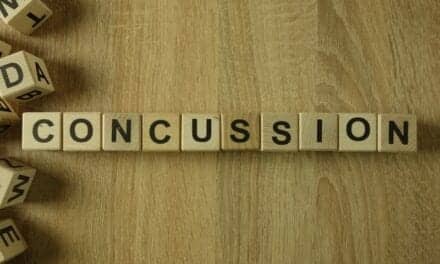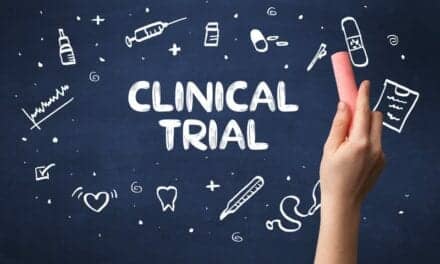Researchers from the bioscience, chemistry, and theoretical divisions at Los Alamos National Laboratory, Los Alamos, NM, together with staff from Samitaur Medical Technologies (SMT), Los Alamos, are adapting an approach originally developed for tuberculosis diagnostics to help detect traumatic brain injury (TBI).
The key to this approach is to find biomarkers in the brain that are produced after a brain injury, according to a release from Los Alamos National Laboratory.
TBI, which typically results from a blow to the head, afflicts such a percentage of US troops deployed in Iraq and Afghanistan that it has been named the “signature disease” of recent wars, the release notes. Participants in sports such as football or soccer also frequently experience hits to the head, and problems from the blows’ cumulative effects are gradually becoming more understood, the release says.
One of the challenges facing the medical community as it works to treat TBI, especially in military and sports figures, is to first determine whether a patient is experiencing one after suffering a blow to the head, the release notes. Currently, a variety of questionnaires—for example, one that assesses a patient’s short-term memory (“What day is this?” “Where are we today?”)—are used to diagnose TBI, which could range from mild concussion to severe brain damage. The release says that according to health professionals, a more quantitative diagnostic is highly desirable.
According to the release, in medicine, a biomarker is a traceable substance that occurs in an organism and provides indications about its function or health. In order to seek the unique biomarkers that are produced after a brain injury, the Los Alamos team is characterizing small immediate changes that occur during mild to severe brain injury by analyzing cerebrospinal fluid from both normal and TBI-injured patients. They are using their experience in mass spectrometry, optical waveguide biosensor detection, biomarker discovery and diagnostics, and data correlation methods to conduct this research, the release explains.
The project is being conducted in conjunction with SMT, which recently signed a cooperative research and development agreement with the laboratory for this purpose, the release says. SMT’s chief medical officer, Dr Donald Becker, has pioneered the establishment of head trauma centers in the US and beyond, according to the release. He is a former chief of neurosurgery at the University of California Los Angeles, and is a recognized expert on TBI.
“The goal of this project is to not only detect traumatic brain injuries, but eventually to guide treatment as well,” said lead researcher Harshini Mukundan, PhD, of Los Alamos National Laboratory. “We hope that our project will greatly benefit the care and recovery of veterans and deployed troops.”
[Source: Los Alamos National Laboratory]





